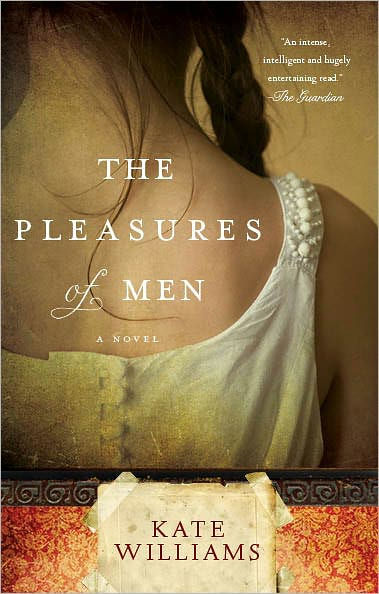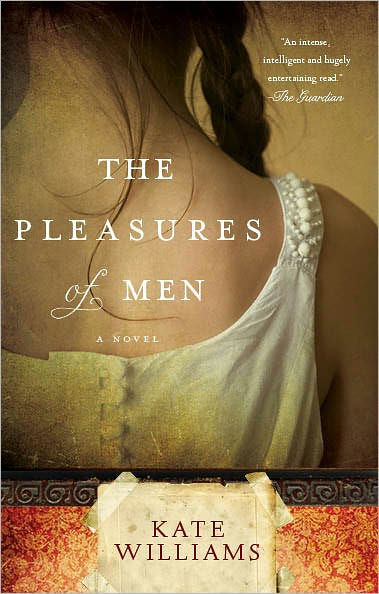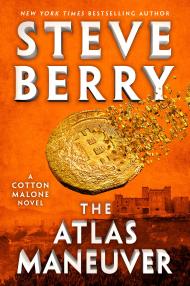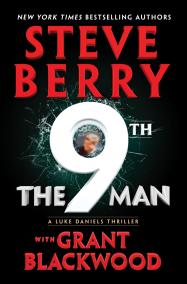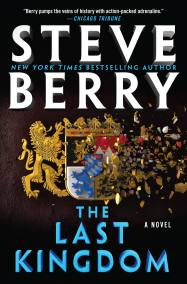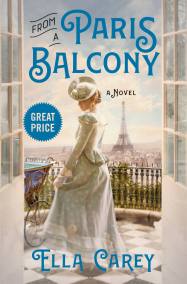Promotion
Use code MOM24 for 20% off site wide + free shipping over $45
The Pleasures of Men
Contributors
Formats and Prices
Price
$21.99Format
Format:
- Trade Paperback $21.99
- ebook $9.99
This item is a preorder. Your payment method will be charged immediately, and the product is expected to ship on or around August 7, 2012. This date is subject to change due to shipping delays beyond our control.
Also available from:
Genre:
- On Sale
- Aug 7, 2012
- Page Count
- 384 pages
- Publisher
- Hachette Books
- ISBN-13
- 9781401324230
Newsletter Signup
By clicking ‘Sign Up,’ I acknowledge that I have read and agree to Hachette Book Group’s Privacy Policy and Terms of Use
